Guest
-
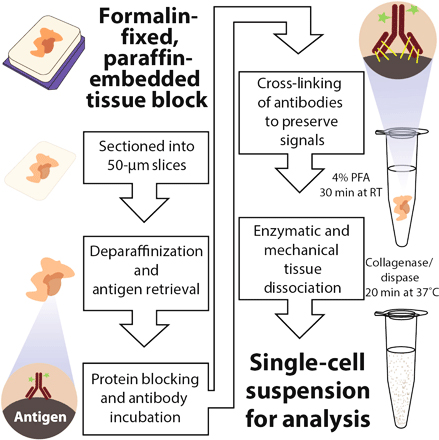
Tapping a Wealth of Information in Tumor Tissue
Accumulating evidence indicates that cancer is the result of multiple genetic mutations that lead to dysregulated cell signaling, growth, and death. This knowledge has led to the discovery of an exciting new armamentarium of therapies intended to disrupt the abnormal cellular responses that result from cancer-associated gene mutations. However, these… Read MoreDec. 12, 2016
-
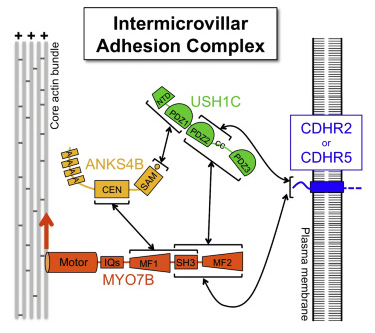
Key to Brush Border Assembly in the Intestine
A primary function of the lining surface of the intestine is to absorb nutrients. The epithelial cells that form this surface are notable for the presence of a brush border composed of microvilli, tiny plasma membrane projections that markedly increase the surface area through which absorption can take place. Read MoreDec. 2, 2016
-
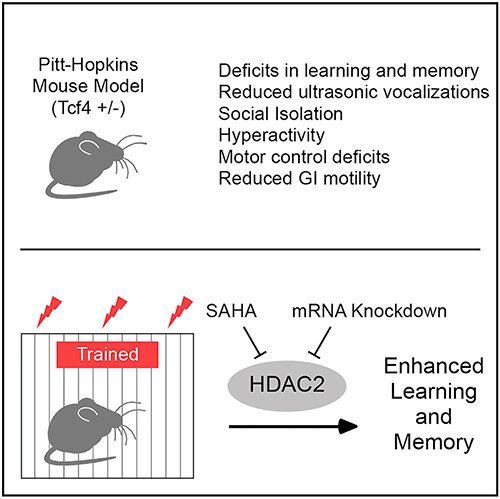
Probing the Genetics of Learning and Memory
Pitt Hopkins syndrome (PTHS) is a rare neurodevelopmental disorder characterized by a characteristic facial appearance, poor muscle tone and coordination, unusual breathing patterns, delayed development, and a profound language impairment. The cause is haploinsufficiency of the gene for transcription factor 4 (Tcf4), a gene that has also been associated… Read MoreDec. 2, 2016
-

Solving the Mysteries of Potassium Transport
Cystic fibrosis is a genetic disorder associated with recurrent lung infections, poor digestion, stunted growth, and a shortened life expectancy. It is caused by mutation of the gene that encodes the cystic fibrosis transmembrane conductance regulator protein (CFTR), which transports chloride ion across the apical membranes of epithelial cells,… Read MoreDec. 2, 2016
-

Reducing antidepressants’ side effects
Heidi Hamm, Ph.D., Ana Carneiro, Ph.D., and colleagues used pharmacological and genetic models to show that chronic SSRI treatment causes decreased levels of a serotonin receptor (5-HT2AR) on platelets. They showed that inhibiting SERT increases extracellular serotonin, which desensitizes the 5-HT2AR and reduces platelet activation. Read MoreDec. 2, 2016
-

Symposium honors Casagrande’s career
Colleagues of Vivien Casagrande, Ph.D., celebrated her distinguished career in the visual sciences with a “Lifetime of Vision” symposium Nov. 18 in Biological Sciences/Medical Research Building III. Casagrande, who joined the Vanderbilt University faculty in 1975, is professor of Cell & Developmental Biology, Ophthalmology and Visual Sciences and… Read MoreDec. 2, 2016
-
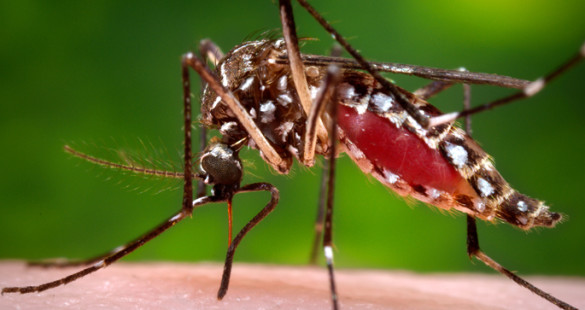
NIH recognizes exciting new way to control mosquitoes
In a new study, Vanderbilt pharmacologist Jerod Denton, Ph.D., Ohio State entomologist Peter Piermarini, Ph.D., and colleagues report an experimental molecule that inhibits kidney function in mosquitoes and thus might provide a new way to control the deadliest animal on Earth. Read MoreDec. 2, 2016
-

Basic Science Research Advisory Committee formed
Vanderbilt University School of Medicine (VUSM) has formed a new Basic Science Research Advisory Committee. The committee, which is inclusive across all VUSM departments, will hold quarterly meetings that will serve as a forum for generating ideas and opportunities. The committee’s first meeting will take place on Dec. Read MoreDec. 2, 2016
-
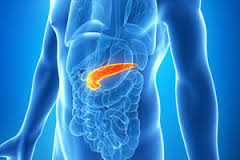
The Highs and Lows of Endocrine Pancreas Development
The pancreas is a complex organ comprising the exocrine pancreas that produces digestive enzymes and the endocrine pancreas that produces the metabolism-regulating hormones insulin and glucagon. For many years, embryologists have been trying to understand how the developmental process gives rise to these two functionally distinct tissues within a… Read MoreNov. 16, 2016
-
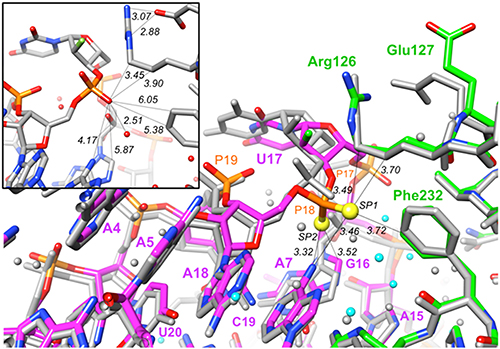
Improving the Aptitude of Aptamers
Aptamers are short RNA or RNA-based polynucleotides that are designed to bind tightly and specifically to a target protein. They have engendered considerable excitement in recent years because of their potential uses as drugs, diagnostic probes, and research affinity agents. In fact, an aptamer that binds to vascular endothelial… Read MoreNov. 16, 2016